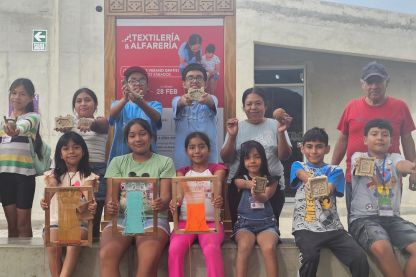
vie., 20 feb. 2026
Semilleros artesanales y preservación del patrimonio cultural desde El Brujo
Ver más →
Información acerca de temas importantes.
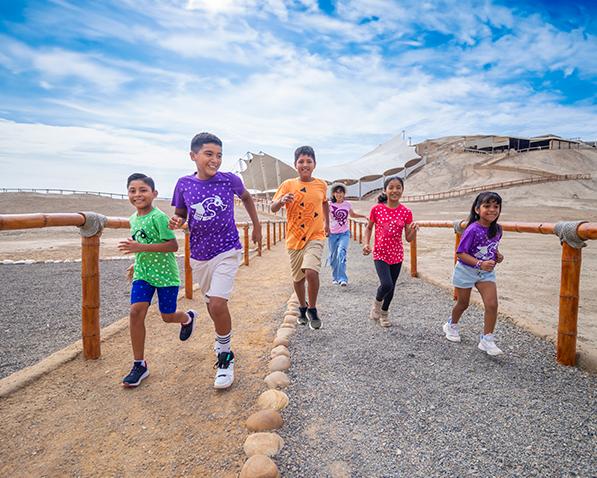
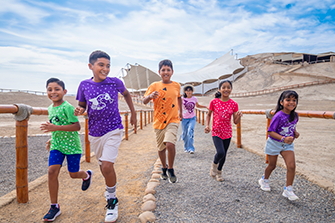

vie., 20 feb. 2026
Ver más →
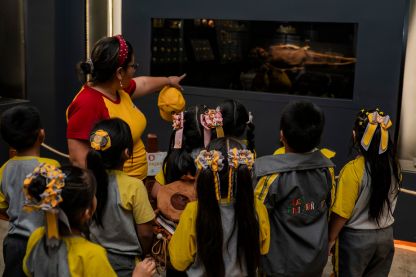
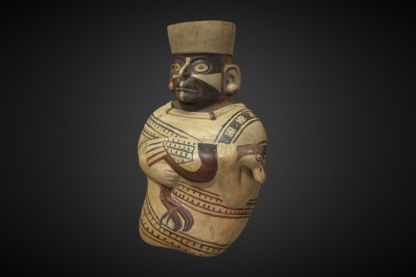


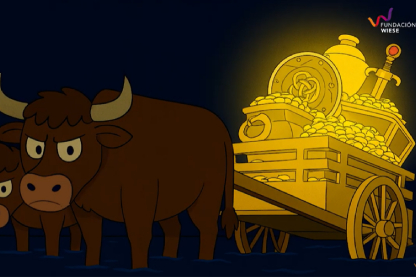
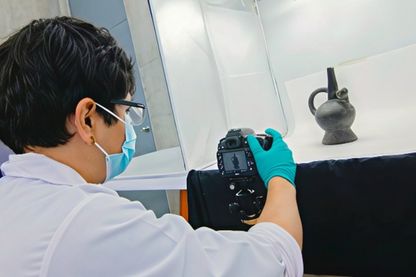
jue., 11 dic. 2025
Las colecciones arqueológicas de El Brujo: Materiales para la memoria social del Valle de Chicama (Perú)
Ver más →
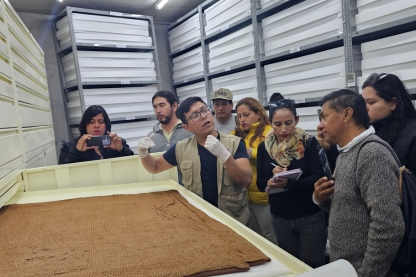
jue., 20 nov. 2025
Ver más →
Si tienes interés en colaborar con la Fundación Wiese, te invitamos a enviarnos un mensaje.
Correo : info@fundacionwiese.org
Teléfono : 01 611 4353